Our daily essentials seamlessly fit into our routines, often hiding their basic functions from our attention. Yet, if you pay closer attention, you might discover that your favorite items are crafted to serve more purposes than you realize. Take, for instance, the small button on the baseball cap — it turns out it’s not only for decoration but has a practical function.
1. The little button on baseball cap
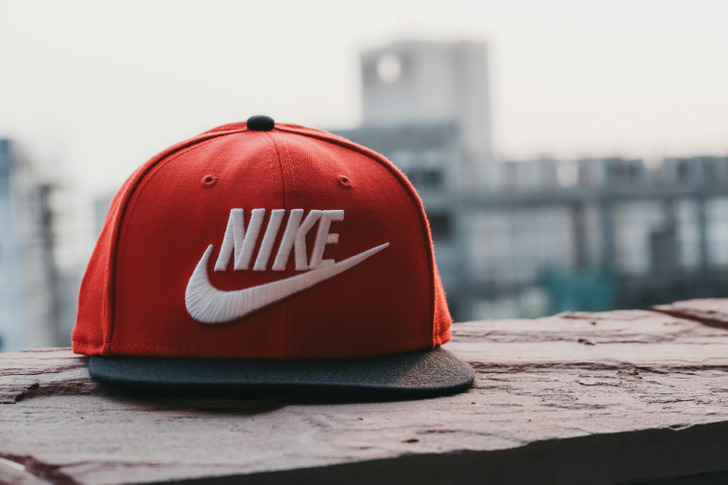
![]()
If you’re into baseball and have lots of caps, you might notice a button on top. It can be annoying with headsets, making you wonder what happens if you take it off.
That fabric-covered button you find on caps is called a ’Squatchee’ or squatcho, placed at the crown’s center. While some argue it serves a purpose, others see it as purely cosmetic. Both claims are correct!
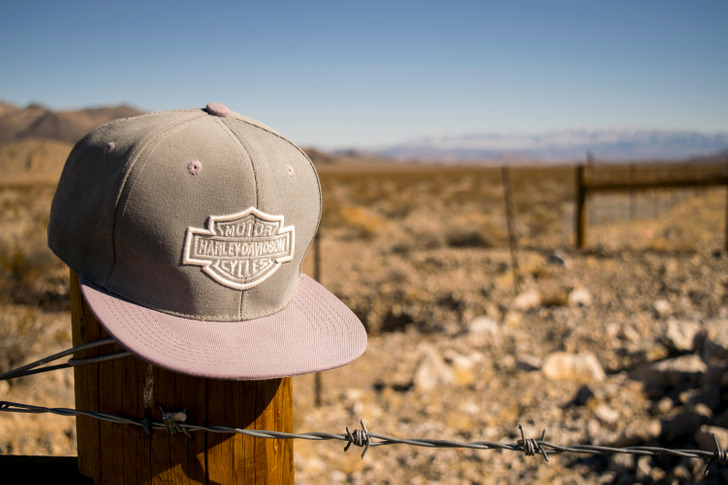
![]()
Originally functional, the button helps hold the hat’s six panels together like a crown. Traditionally on top, it now covers the stitch connecting the panels, serving as a decorative element. It’s made of plastic or metal and covered in matching fabric.
2. The lines or ridges on the bottom of cups.
The small grooves or ridges at the bottom of your cups are made to make dishwasher cleaning easier. When upside down, these grooves let water flow, preventing spills. They also allow air to circulate beneath the cup, preventing cracking when filled with hot beverages.
3. The holes in utensil handles do more than just provide a hanging option.
You’ve probably hung utensils through the small holes in your pots and pans’ handles. Yet, those holes can also help hold spoons while cooking, preventing a mess.
4. The hole in the cap of a pen isn’t related to the pen or its ink.
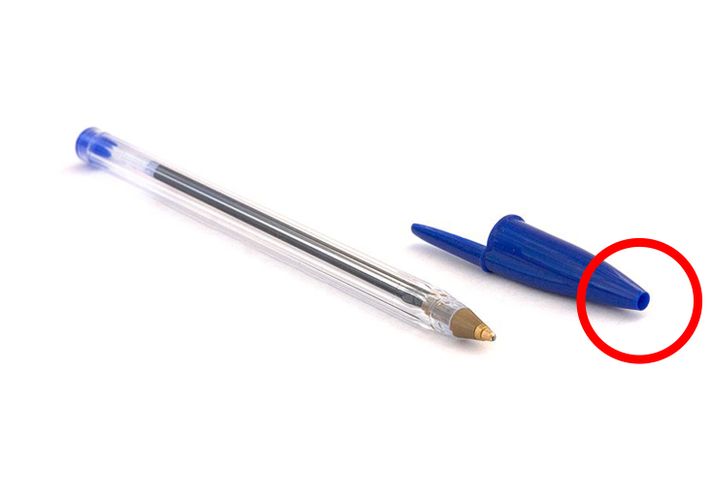
![]()
We’ve all been tempted to nibble on pens during a boring lecture. Surprisingly, most swallowing accidents happen to children aged 6-15. The hole in the pen cap is there to allow air passage, reducing the risk of choking if someone swallows it.
5. The small button on your jeans often goes unnoticed and unacknowledged.
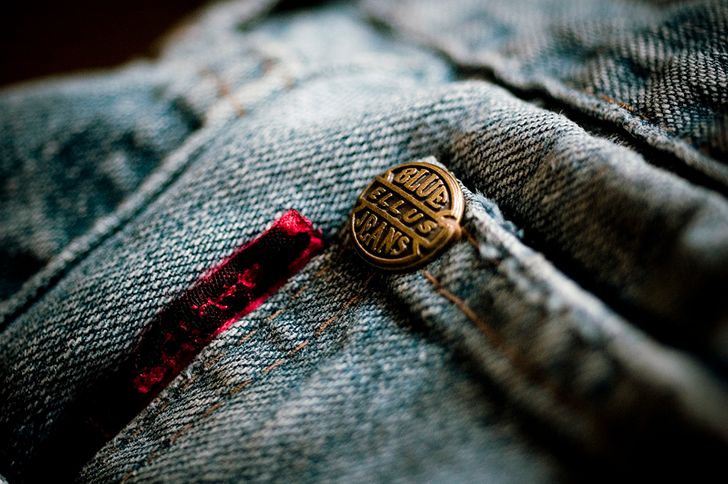
![]()
Those little buttons are called rivets, strategically placed on your jeans where they are prone to tearing from strain or movement. They play a key role in making your jeans last longer.
6. The “57” on Heinz ketchup bottles.
The “57” on Heinz ketchup bottles isn’t related to the product label. Only 11% of people know it’s a designated tapping spot for easier sauce pouring onto your plate. Instead of banging the bottom, try hitting this sweet spot next time you use the bottle.
7. The small pompoms on beanies aren’t just for added cuteness.
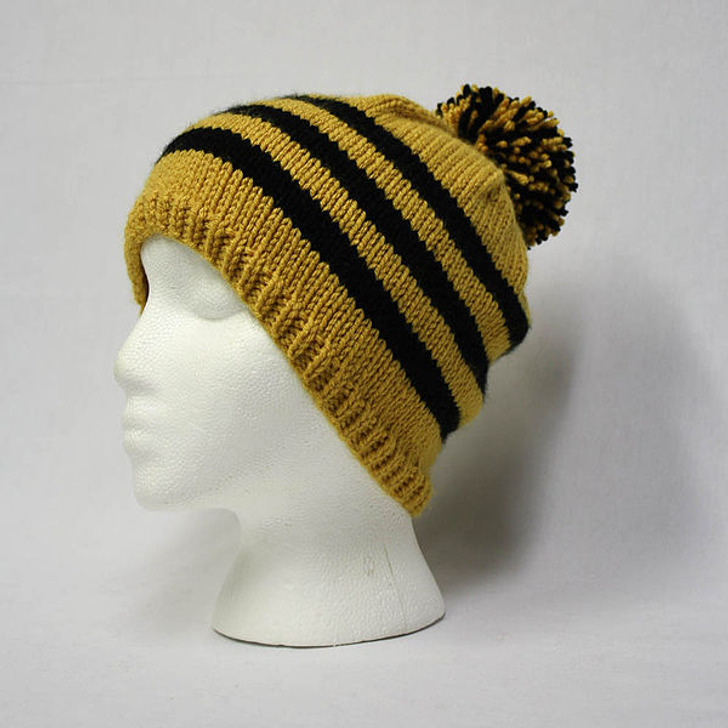
![]()
The style with pompoms on beanies originated with French sailors to prevent head injuries from low ship ceilings. It later got adopted by army troops, and that’s how the cute pompoms ended up on our beanies!
8. The brushes on the sides of escalators aren’t meant for shoe polishing.
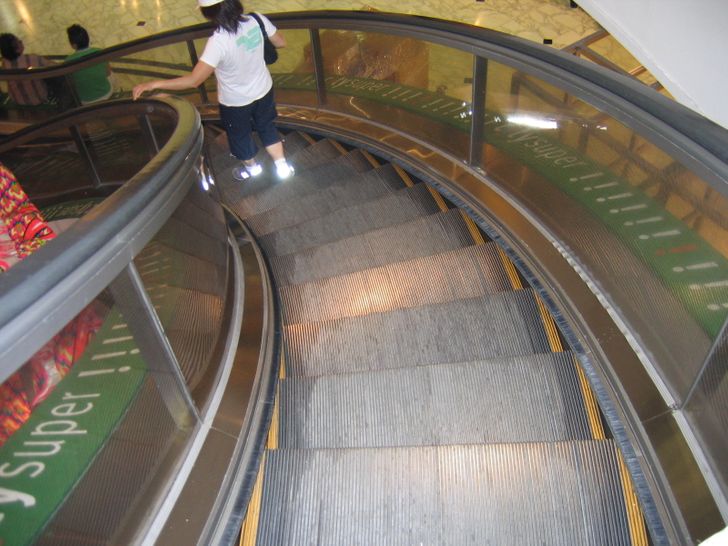
![]()
While you might have thought of using escalator brushes to clean your shoes, they’re actually a significant safety feature. One common cause of escalator accidents is people getting their clothes and bags caught in them when standing too close to the sides.
The nylon bristles are designed to subconsciously encourage keeping your feet away from the escalator’s skirt panels, helping prevent accidents.
9. Screwdrivers can also double as wrenches when needed.
Many screwdrivers can be slid through a wrench, providing additional torque. This feature is particularly useful in challenging positions at various heights and angles.
10. The small slot at the end of a measuring tape.
Many measuring tapes have a metal stub with a small slot at the end, allowing you to hang it on a nail for measurements without needing an extra hand. If you look closely, you’ll notice that the stub is serrated on one side, providing a convenient way to mark points without using a pencil.
11. Childproof prescription bottles can often be modified.
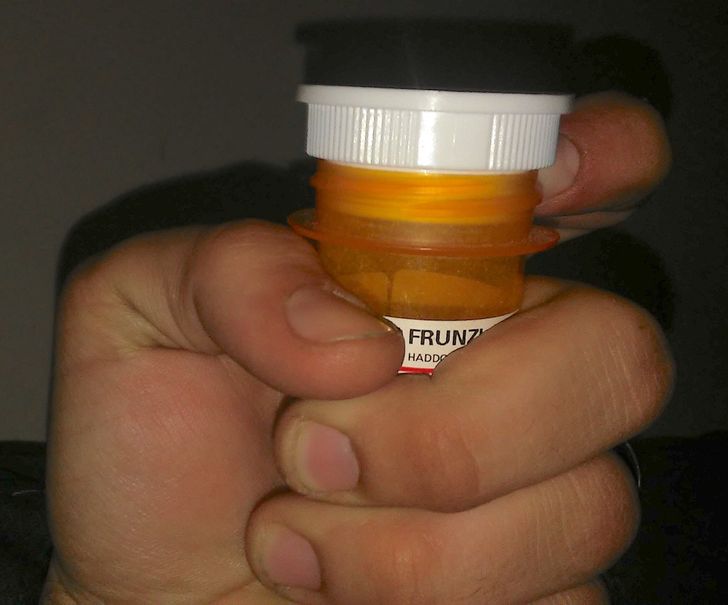
![]()
Many plastic medicine bottles have childproof lids, but turning them upside down makes them no longer childproof. It’s crucial to ensure this is only done if the bottles are designed for it, and there are no children around.
12. The ridges on the “F” and “J” keys on the keyboard
Ever wondered how you can effortlessly type without looking at the keyboard? Well, those small ridges on the “F” and “J” keys help your index fingers find other keys through muscle memory.
13. The arrow by the gas gauge’s fuel tank symbol.
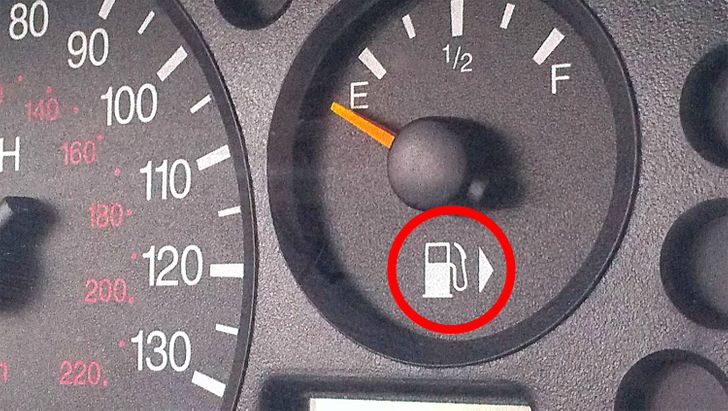
![]()
The small arrow next to the fuel tank symbol on your gas gauge shows which side of the car your fuel tank is on. This is especially useful when driving a rented car.
14. The small wings on an Apple charger.
The wings on your laptop’s charger can be flipped up to neatly wind the wire, keeping it tangle-free in your bag.
15. Many locks feature a small hole beside the keyhole.
The small hole next to the keyhole in locks serves to drain water when used outdoors, preventing clogging and rusting. It can also be utilized to apply oil to the lock’s hinges.
16. The small dot next to the camera on an iPhone is not a flash.
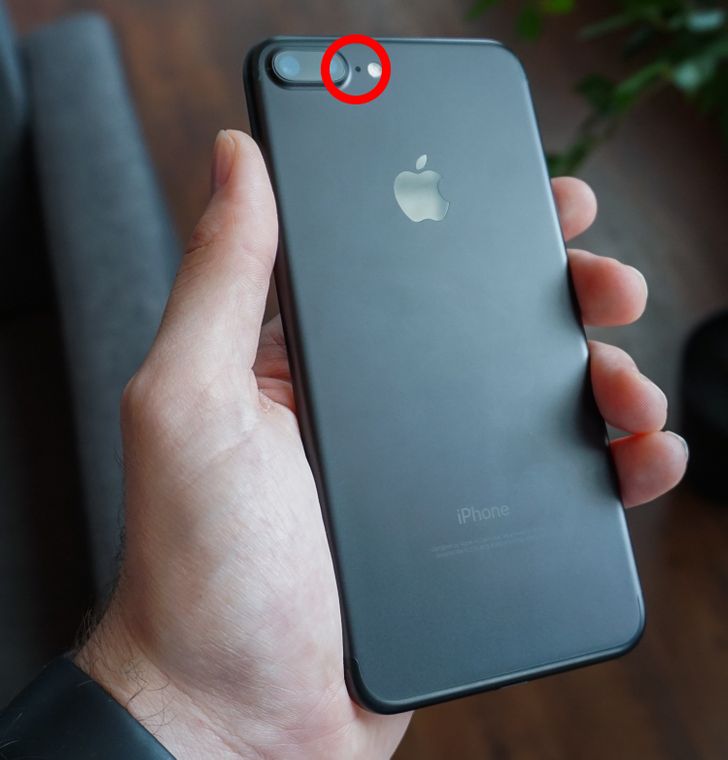
![]()
The small dot near the camera is not a flash, it’s a microphone for recording when you’re using the back camera.
Our daily items are full of surprises. It’s a reminder that sometimes, the little details bring unexpected usefulness to the things we use every day. There are still many common things in our daily lives that turn out to have a good purpose, like the V-shape designed to collect sweat.
>>> Read full article>>>
Copyright for syndicated content belongs to the linked Source : BrightSide.me – https://brightside.me/articles/15-hidden-features-of-everyday-objects-you-probably-didnt-know-817218/










